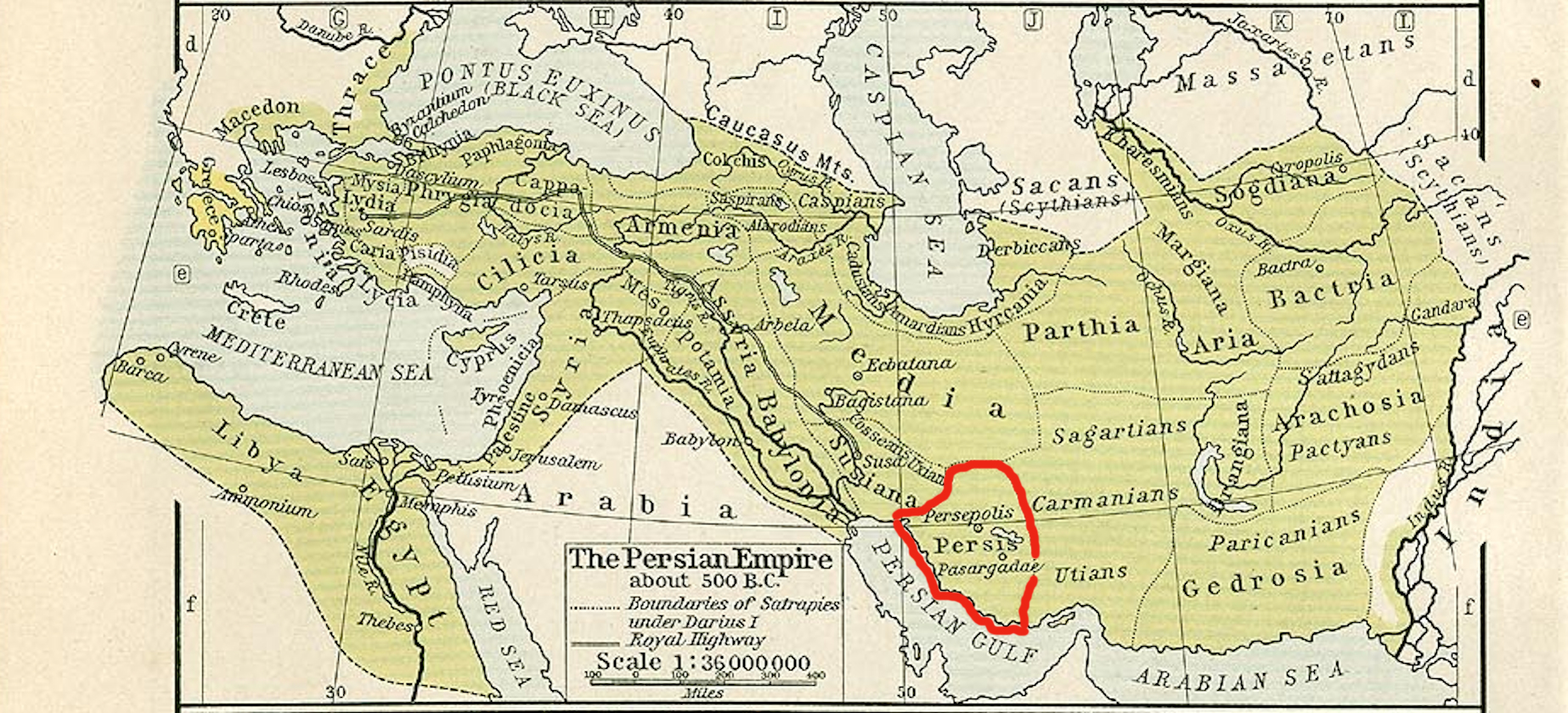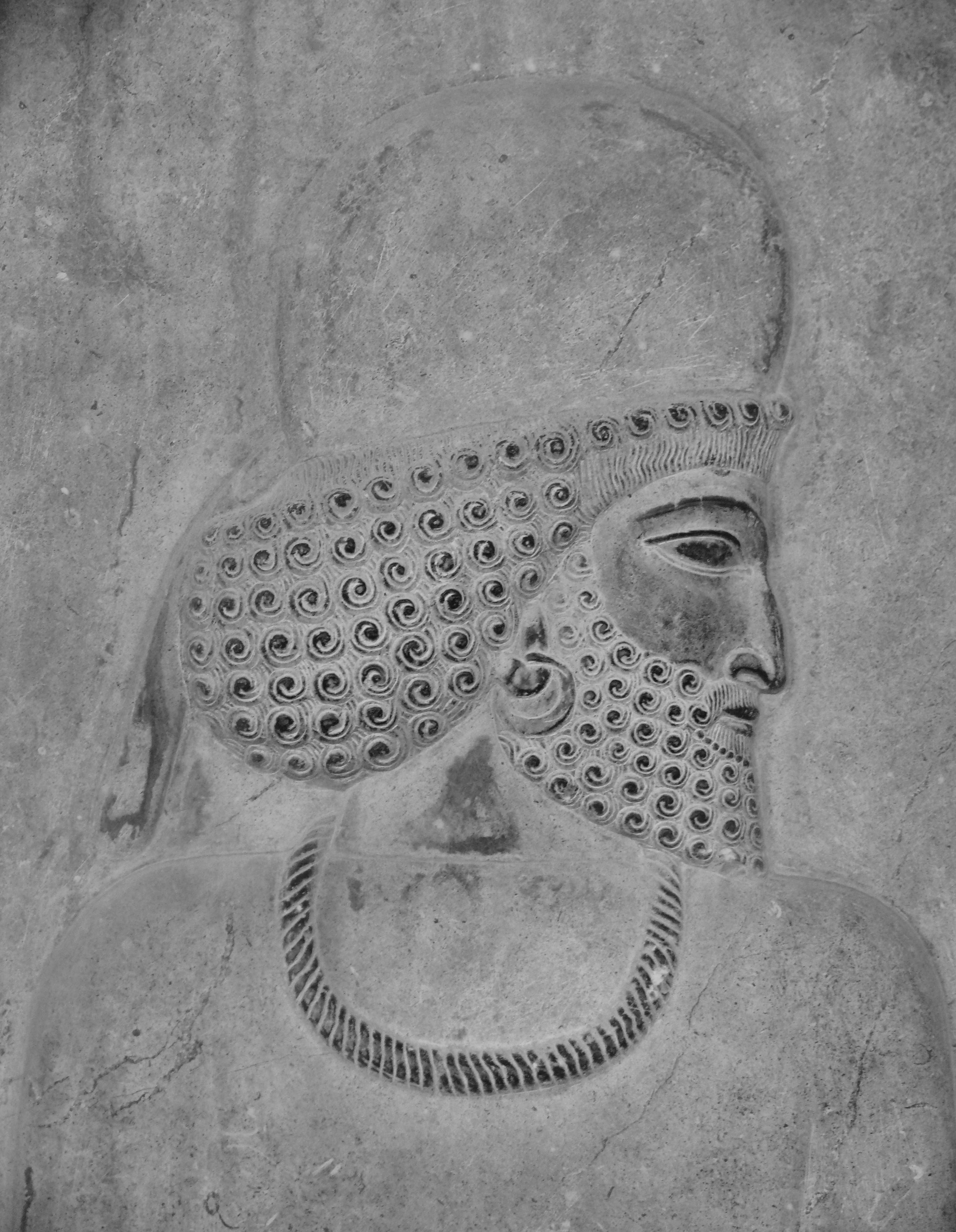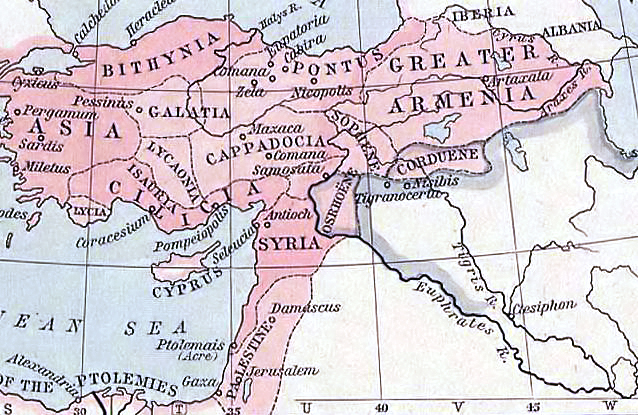|
Molon
Molon ( or ) or Molo (; grc, Mόλων; died 220 BC) was a general and satrap of the Seleucid king Antiochus the Great (223–187 BC). He held the satrapy of Media at the accession of that monarch (223 BC); in addition to which, Antiochus conferred upon him and his brother Alexander the government of all the upper provinces of his empire. But their hatred of Hermeias, the chief minister of Antiochus, soon led them both to revolt in 222 BC. The two generals at first sent against them by the king were unable to oppose their progress, and Molon found himself at the head of a large army, and master of the whole country to the east of the Tigris. He was, however, foiled in his attempts to pass that river by Zeuxis.https://penelope.uchicago.edu/Thayer/E/Roman/Texts/Polybius/5*.html#43 Polybius, 5,43 However, Xenoetas, the general of Antiochus, who was now sent against him with a large force, having ventured to cross it in his turn, was surprised by Molon, and his whole army cut to ... [...More Info...] [...Related Items...] OR: [Wikipedia] [Google] [Baidu] |
Zeuxis (general)
Zeuxis (; grc, Zεῦξις Κυνάγου Μακεδών; ) was a general and official in the service of the Seleucid king Antiochus III the Great at the end of the 3rd century BC. He led the royal forces in Mesopotamia against the rebel Molon, served as the governor of cis-Tauric Asia Minor from 213 BC onwards, and was a general at the Battle of Magnesia. After that defeat he went to Rome to negotiate a peace. Career Zeuxis, son of Kynagos, was engaged in 221 BC in the war with Molon, satrap of Media, whom he prevented from crossing the Tigris. He was subsequently left in charge of the camp while his commander Xenoetas engaged with Molon. Following Xenoetas’ catastrophic defeat, Zeuxis retreated on the approach of Molon, who was now able to cross the Tigris unopposed. When Antiochus himself marched against Molon, Zeuxis advised him to cross the Tigris in opposition to Hermeias's proposal that the army march down the near side of the river - according to Polybius, despite hi ... [...More Info...] [...Related Items...] OR: [Wikipedia] [Google] [Baidu] |
Alexander (satrap)
Alexander (in Greek Αλέξανδρος; died 220 BC) was brother of Molon. On the accession of the Seleucid king Antiochus III, afterwards called the Great, in 223 BC, he entrusted Alexander with the government of the satrapy of Persis and Molon received Media. Up to that time, local rulers of Persis, the Fratarakas seem to have been in charge of the region, between circa 295 and 220 BC. Antiochus was then only fifteen years of age, and this circumstance together with the fact that Hermeias, a crafty intriguer whom every one had to fear, was all-powerful at his court, induced the two brothers to form the plan of causing the upper satrapies of the kingdom to revolt. It seems to have been the secret wish of Hermeias to see the king involved as many difficulties as possible, and it was on his advice that the war against the rebels was entrusted to men without courage and ability. In 220, however, Antiochus himself undertook the command. Molon was deserted by his troops, and to avoid ... [...More Info...] [...Related Items...] OR: [Wikipedia] [Google] [Baidu] |
Antiochus III The Great
Antiochus III the Great (; grc-gre, Ἀντίoχoς Μέγας ; c. 2413 July 187 BC) was a Greek Hellenistic king and the 6th ruler of the Seleucid Empire, reigning from 222 to 187 BC. He ruled over the region of Syria and large parts of the rest of western Asia towards the end of the 3rd century BC. Rising to the throne at the age of eighteen in 222 BC, his early campaigns against the Ptolemaic Kingdom were unsuccessful, but in the following years Antiochus gained several military victories and substantially expanded the empire's territory. His traditional designation, ''the Great'', reflects an epithet he assumed. He also assumed the title ''Basileus Megas'' (Greek for "Great King"), the traditional title of the Persian kings. A militarily active ruler, Antiochus restored much of the territory of the Seleucid Empire, before suffering a serious setback, towards the end of his reign, in his war against Rome. Declaring himself the "champion of Greek freedom against Roman domina ... [...More Info...] [...Related Items...] OR: [Wikipedia] [Google] [Baidu] |
Hermeias
Hermeias () or Hermias (; Greek: Ἑρμείας or Ἑρμίας; died 220 BC) was a Carian by birth, who had raised himself to be the favourite and chief minister of Seleucus III Ceraunus (225–223 BC), and was left at the head of affairs in Syria by that monarch when he set out on the expedition across the Taurus Mountains, in the course of which Seleucus met with his death, 223 BC. Minister of Antiochus III Seleucus's death placed Hermeias in the possession of almost undisputed power, the young king, Antiochus III (223–187 BC), being then only in his 15th year; and his jealous and grasping disposition led him to remove as far as possible all competitors for power. The formidable revolt of Molon and Alexander in the eastern provinces of the kingdom seemed to demand all the attention of Antiochus, but Hermeias persuaded him to entrust the conduct of the army sent against the insurgents to his generals, Xenon and Theodotus, while he advanced in person to attack Coele ... [...More Info...] [...Related Items...] OR: [Wikipedia] [Google] [Baidu] |
Xenoetas
Xenoetas (; grc, Ξενoιτας; killed in 221 BC) was an Achaean in the service of the Seleucid king Antiochus the Great; he was despatched by his chief minister Hermeias in command of an army against the rebel satrap of Media, Molon, in 221 BC. This unusual distinction seems greatly to have elated him. He conducted himself arrogantly towards his friends, and exhibited no small presumption and rashness in his military operations. He succeeded in crossing the Tigris, but fell into the snare laid for him by Molon, who feigned a retreat, and suddenly returning surprised Xenoetas when the greater part of his forces were sunk in drunken sleep. Xenoetas was killed, and his army cut to pieces. Notes References *Polybius; Histories', Evelyn S. Shuckburgh (translator); London - New York, (1889) * Smith, William (editor); ''Dictionary of Greek and Roman Biography and Mythology''"Xenoetas" Boston Boston (), officially the City of Boston, is the state capital and most populous ci ... [...More Info...] [...Related Items...] OR: [Wikipedia] [Google] [Baidu] |
Ardys (general)
Ardys is known from the writings of the Greek historian Polybius. He was an experienced general who commanded the right wing of the army of Antiochus the Great in his battle against the Seleucid rebel Molon Molon ( or ) or Molo (; grc, Mόλων; died 220 BC) was a general and satrap of the Seleucid king Antiochus the Great (223–187 BC). He held the satrapy of Media at the accession of that monarch (223 BC); in addition to which, Antiochus c ... in 220 BCE. He distinguished himself in the next year in the siege of Seleucia Pieria. References * Seleucid generals Date of birth unknown Place of birth unknown Date of death unknown Place of death unknown 3rd-century BC Greek people {{Ancient-Greek-bio-stub ... [...More Info...] [...Related Items...] OR: [Wikipedia] [Google] [Baidu] |
Media (region)
Media ( peo, 𐎶𐎠𐎭, Māda, Middle Persian: ''Mād'') is a region of north-western Iran, best known for having been the political and cultural base of the Medes. During the Achaemenid period, it comprised present-day Azerbaijan, Iranian Kurdistan and western Tabaristan. As a satrapy under Achaemenid rule, it would eventually encompass a wider region, stretching to southern Dagestan in the north. However, after the wars of Alexander the Great, the northern parts were separated due to the Partition of Babylon and became known as ''Atropatene'', while the remaining region became known as ''Lesser Media''. History Under the Medes In 678 BC, Deioces united the Median tribes of Media and made the first Iranian Empire. His grandson Cyaxares managed to unite all Iranian tribes of Ancient Iran and made his empire a major power. When Cyaxares died he was succeeded by his son, Astyages, who was the last king of the Median Empire. Under the Achaemenids In 553 BC, Cyrus the Grea ... [...More Info...] [...Related Items...] OR: [Wikipedia] [Google] [Baidu] |
Nisibis
Nusaybin (; '; ar, نُصَيْبِيْن, translit=Nuṣaybīn; syr, ܢܨܝܒܝܢ, translit=Nṣībīn), historically known as Nisibis () or Nesbin, is a city in Mardin Province, Turkey. The population of the city is 83,832 as of 2009 and is predominantly Kurdish. Nusaybin is separated from the larger Kurdish-majority city of Qamishli by the Syria–Turkey border. The city is at the foot of the Mount Izla escarpment at the southern edge of the Tur Abdin hills, standing on the banks of the Jaghjagh River (), the ancient Mygdonius ( grc, Μυγδόνιος). The city existed in the Assyrian Empire and is recorded in Akkadian inscriptions as ''Naṣibīna''. Having been part of the Achaemenid Empire, in the Hellenistic period the settlement was re-founded as a ''polis'' named "Antioch on the Mygdonius" by the Seleucid dynasty after the conquests of Alexander the Great. A part of first the Roman Republic and then the Roman Empire, the city (; ) was mainly Syriac-speaking, a ... [...More Info...] [...Related Items...] OR: [Wikipedia] [Google] [Baidu] |
Boston
Boston (), officially the City of Boston, is the state capital and most populous city of the Commonwealth of Massachusetts, as well as the cultural and financial center of the New England region of the United States. It is the 24th- most populous city in the country. The city boundaries encompass an area of about and a population of 675,647 as of 2020. It is the seat of Suffolk County (although the county government was disbanded on July 1, 1999). The city is the economic and cultural anchor of a substantially larger metropolitan area known as Greater Boston, a metropolitan statistical area (MSA) home to a census-estimated 4.8 million people in 2016 and ranking as the tenth-largest MSA in the country. A broader combined statistical area (CSA), generally corresponding to the commuting area and including Providence, Rhode Island, is home to approximately 8.2 million people, making it the sixth most populous in the United States. Boston is one of the oldest ... [...More Info...] [...Related Items...] OR: [Wikipedia] [Google] [Baidu] |
William Smith (lexicographer)
Sir William Smith (20 May 1813 – 7 October 1893) was an English lexicographer. He became known for his advances in the teaching of Greek and Latin in schools. Early life Smith was born in Enfield in 1813 to Nonconformist parents. He attended the Madras House school of John Allen in Hackney. Originally destined for a theological career, he instead became articled to a solicitor. Meanwhile, he taught himself classics in his spare time, and when he entered University College London carried off both the Greek and Latin prizes. He was entered at Gray's Inn in 1830, but gave up his legal studies for a post at University College School and began to write on classical subjects. Lexicography Smith next turned his attention to lexicography. His first attempt was ''A Dictionary of Greek and Roman Antiquities'', which appeared in 1842, the greater part being written by him. Then followed the ''Dictionary of Greek and Roman Biography and Mythology'' in 1849. A parallel '' Dictionary of ... [...More Info...] [...Related Items...] OR: [Wikipedia] [Google] [Baidu] |
Dictionary Of Greek And Roman Biography And Mythology
The ''Dictionary of Greek and Roman Biography and Mythology'' (1849, originally published 1844 under a slightly different title) is an encyclopedia/biographical dictionary. Edited by William Smith, the dictionary spans three volumes and 3,700 pages. It is a classic work of 19th-century lexicography. The work is a companion to Smith's ''Dictionary of Greek and Roman Antiquities'' and '' Dictionary of Greek and Roman Geography''. Authors and scope The work lists thirty-five authors in addition to the editor, who was also the author of the unsigned articles. The other authors were classical scholars, primarily from Oxford, Cambridge, Rugby School, and the University of Bonn, but some were from other institutions. Many of the mythological entries were the work of the German expatriate Leonhard Schmitz, who helped to popularise German classical scholarship in Britain. With respect to biographies, Smith intended to be comprehensive. In the preface, he writes: Much of the value ... [...More Info...] [...Related Items...] OR: [Wikipedia] [Google] [Baidu] |






